Guide
Your move from Year 6 to Year 7

This guide is to help you (and your parents) know a little bit more about your move from Primary School to Secondary
Head
Our Reason to Believe:
LEARNING T OGETHER TO SHAPEABRIGHTERFUTUR E
LEARNING
A learning mindset that invites students to become the curious, creative and active citizens that the world needs.
TOGETHER
A collaborative atmosphere in which relationships and connections are key in order to transform students into well-rounded individuals.
TO SHAPE
A stimulating environment which celebrates the uniqueness of each student, encourages students to construct meaning for themselves and to be active in creating a better society
A BRIGHTER
A place in which learning is the guiding light that helps students to be agents of positive change for themselves, their community and the world.
FUTURE
A life-long learning experience that transforms students into drivers of change for a more connected, diverse, inclusive and sustainable world.
What is Transition?
The term transition often refers to a life change that a child or young person may go through.
The change from Year 6 to Year 7 often happens along with important social, emotional and physiological changes. At St Julian’s School, the pastoral team and teachers work together to understand how these changes
may impact their students and how we can help them adjust to their new school environment.
We believe that an effective transition will help facilitate continued development and progress, ensure continuity of learning and minimise disruption to the child and their family.
Transition Days 2023
Transition from Year 6 to Year 7 is extremely important to get right.
We would like to reduce nerves as much as possible and provide a warm, secure and positive environment for all of the students beginning secondary school in Year 7.
Transition Days
4th & 5th September
Activities Houses
Students will be guided through activities to promote:
Inclusion
Teambuilding
Orientation
Digital organisation
Happiness and fun
We also have an optional activities booklet that you may wish to have a go at which can be viewed here.
Students will enjoy House competitions, activities and teambuilding throughout the year.
Compassionate
communicator who above all has the courage to be an active citizen to make a difference in the world.
The shaper is compassionate, empathetic and respectful: seeks to understand themselves, others, be kind and have a positive impact on the world.
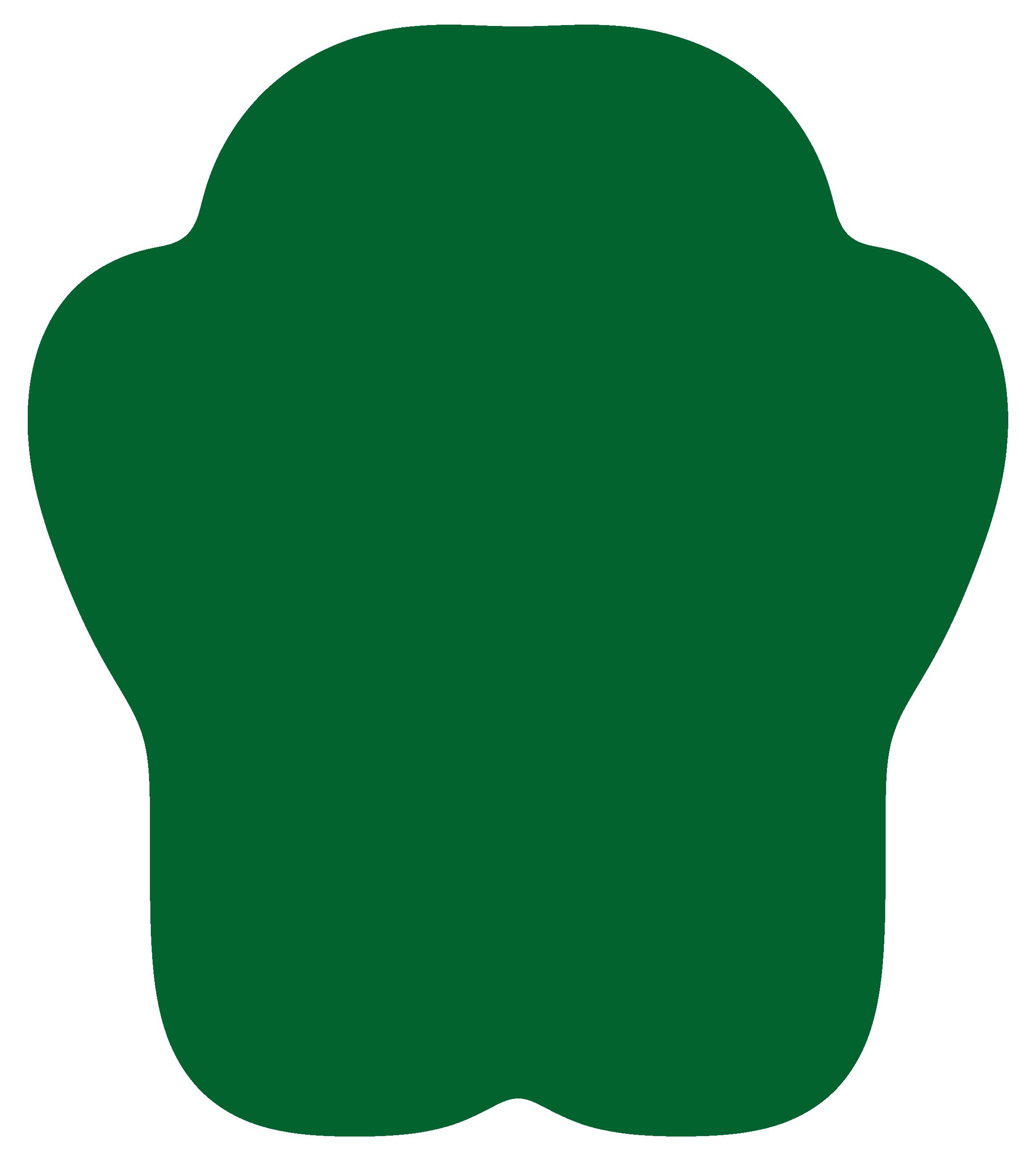
Nurses
Year 7 Pastoral Team
Head of Learning Support (Secondary)
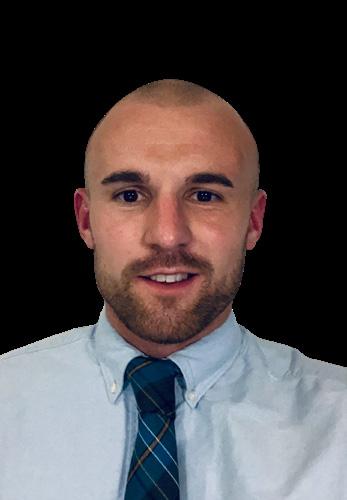

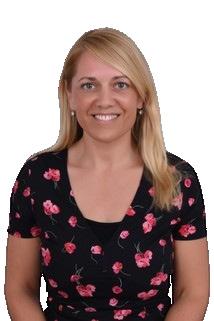

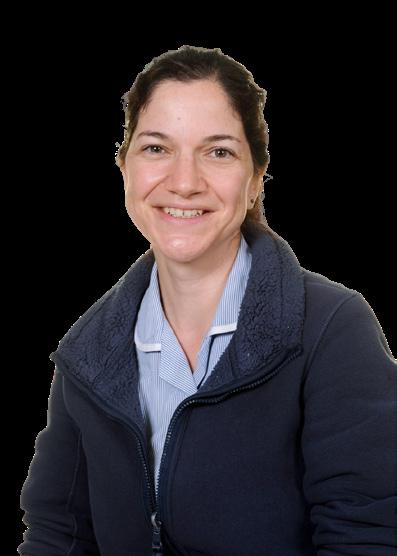
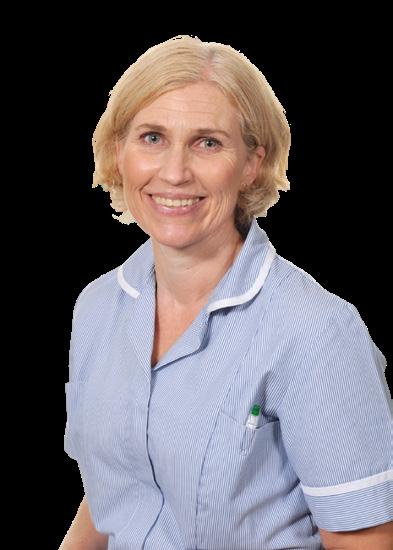


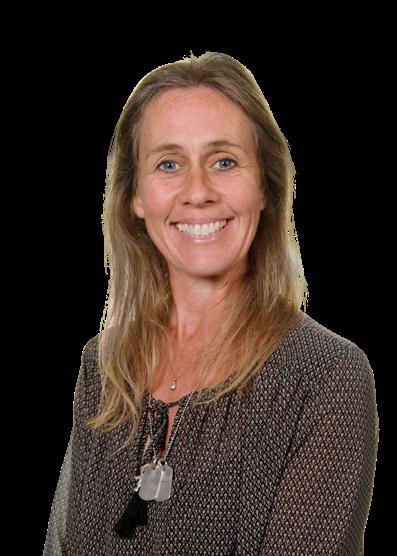

Support Tutors

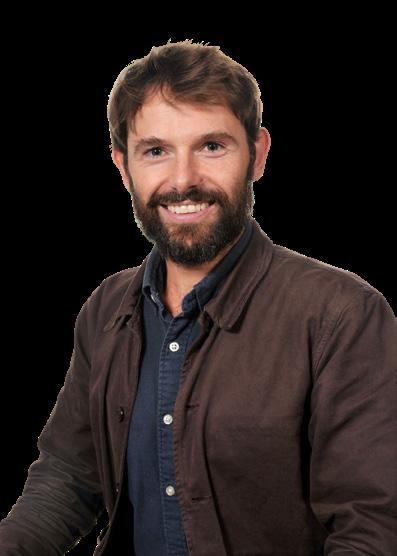
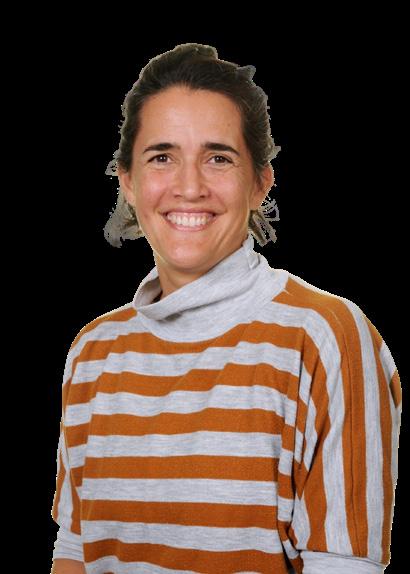

5 buddies per tutor group These have had specialised training at the end of Year 6 to ensure support for all new students.
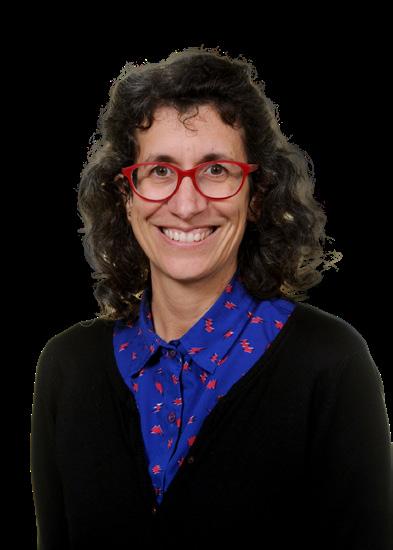 Mr Tom Rains
Mr Jeremy Rowson
Mr Tom Rains
Mr Jeremy Rowson
Curious
The shaper is a curious and creative thinker: thirsty to learn, interested in other perspectives, open to view the world in different ways and propose innovative solutions.

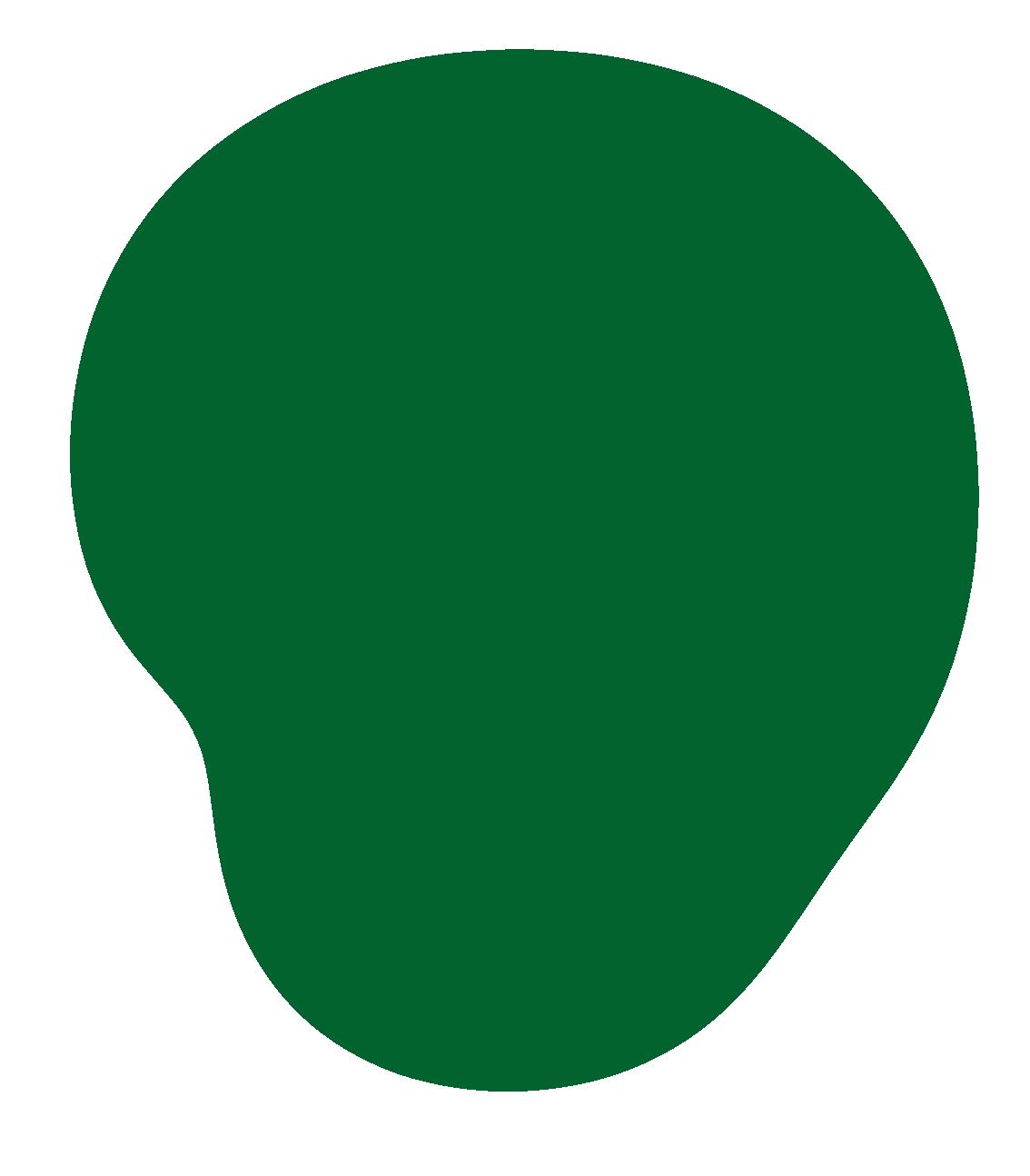

School Timings and Curriculum
At St Julian’s we pride ourselves on providing a broad and balanced curriculum allowing development of skills and depth of understanding with lots of fun along the way.
Each subject is taught by a specialist in this area.
Purpose of Assessment in Year 7
SJS’s Assessment Policy is in line with the wider mission of the school to create a happy, secure and stimulating learning environment within which all members of our community can achieve their full potential.
Assess Student Learning
Provide learning opportunities Use the results
Should always have a clear purpose and be specific
Let’s the teacher, parents and student know of developing skills, understandings and knowledge
Uses a variety of different methods and formats
Celebrates the combination of skills, content and attitude which lead to achievement in learning
Should be progressive in allowing meaningful progress of each student
Establish learning goals
Will allow teachers to plan future lessons and assessment types
Types of Assessment
Baseline Testing
Summative assessment
This is typically an examination, test or sustained piece of work which may receive a mark or a grade. This may take place at the end of a topic or module and enables students to know their current level of attainment and their progress towards targets.
Formative assessment
This is typically feedback given to students in either written or oral form which identifies what a student has done well and how he/she can improve the work.
As part of the school’s commitment to ensure that it’s pupils are given the best possible help to succeed, we take part in the GL CAT4 testing. This is an assessment of developed abilities in areas known to make a difference to learning and achievement – namely verbal, non-verbal, quantitative and spatial reasoning, and provides us with an accurate analysis of potential student achievement.These are not a test of what a student has learnt but are designed to measure a student’s ability and potential. It must be emphasized that no preparatory work is necessary as these are carried out in an identical manner in all schools. They provide staff with useful information about individual students’ ability and likely outcome by the end of KS3 (Year 9), enabling teachers to set targets for students and to judge whether they are making appropriate progress.
Collaborative

Shaper Profile The 6Cs:
The shaper is a collaborator: able to work as part of a team to achieve a greater outcome and strive for a brighter future.
Using Technology
In addition to the student portal we also have an intranet for students where they can find out a range of information from curriculum handbooks to details about technology such as:
How to connect to WiFi
Our Technology for Parents website contains a range of useful information that tells you all about the technology at the school.
Printing from an iPad
Troubleshooting
! Loading...
For any technical problem students can always go to our friendly and helpful technicians in the IT support room through the door near the entrance gates or they can email support@stjulians.com
iPads
There is 1:1 iPad provision for all students in Years 7, 8 and 9.
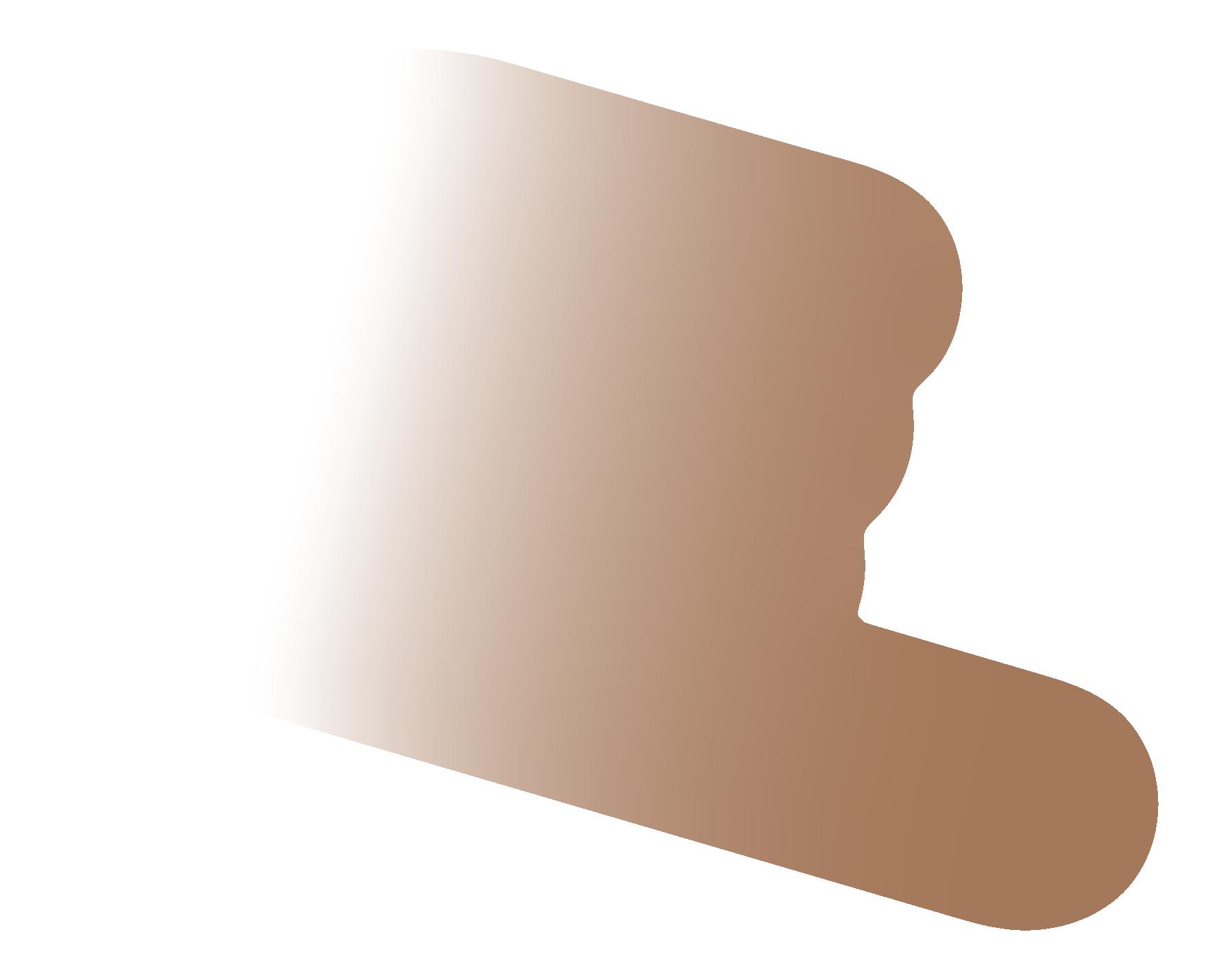

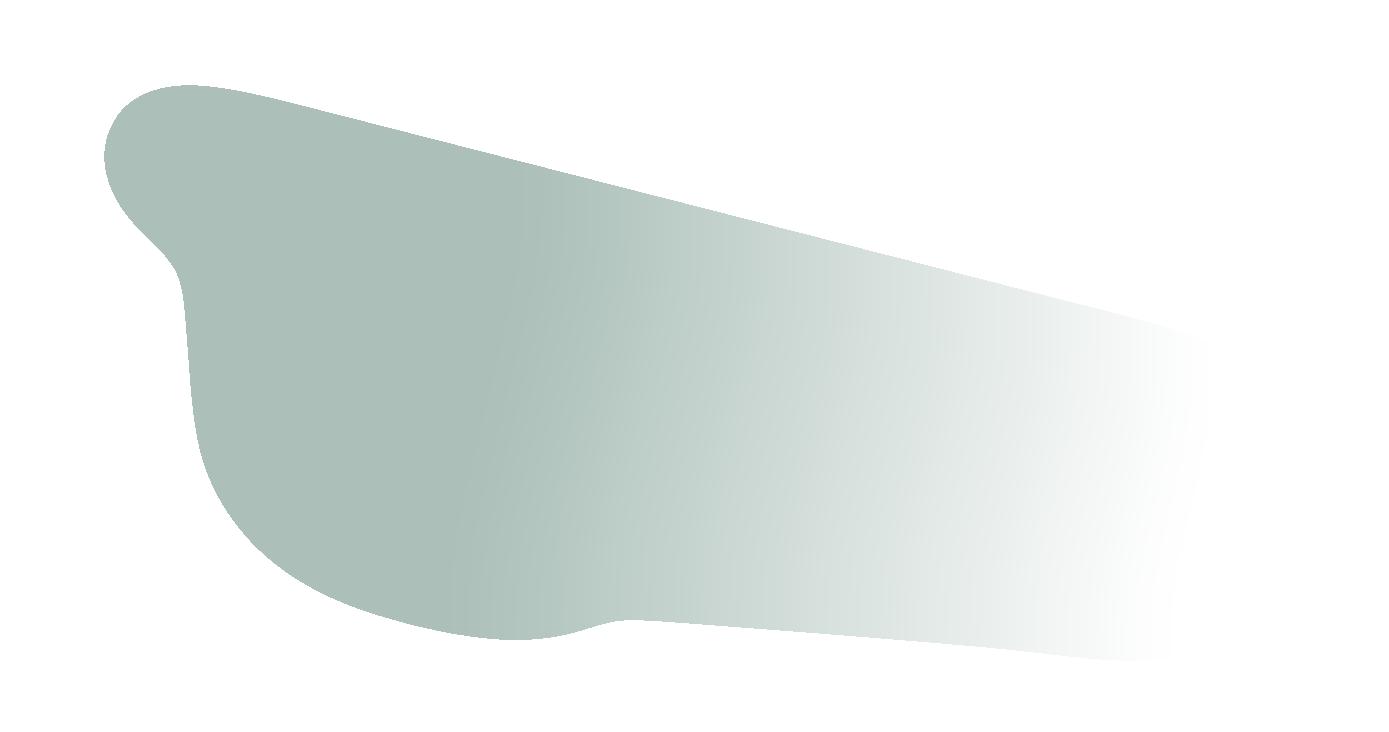

All students in KS3 are provided with an iPad by the school. Students are allowed to take the iPad home. Students should have their iPads fully charged for the start of each school day.
Acceptable Use Policies

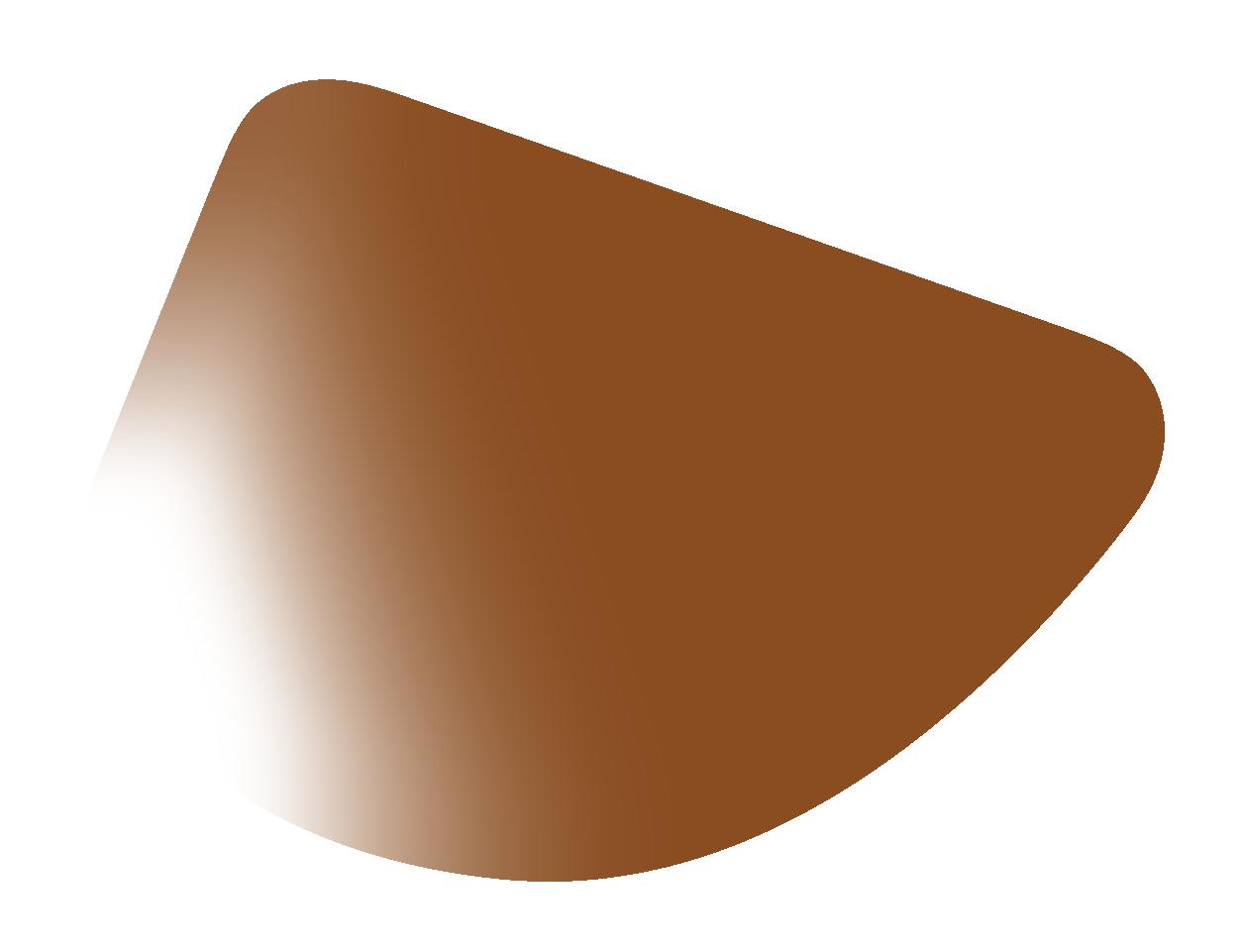
The use of technology at St. Julian’s school is bound by our Acceptable Use Policies
Before receiving the iPad parents will have to sign our iPad agreement
The students will receive their iPads after parents have signed the agreement in the first 2 weeks at school.
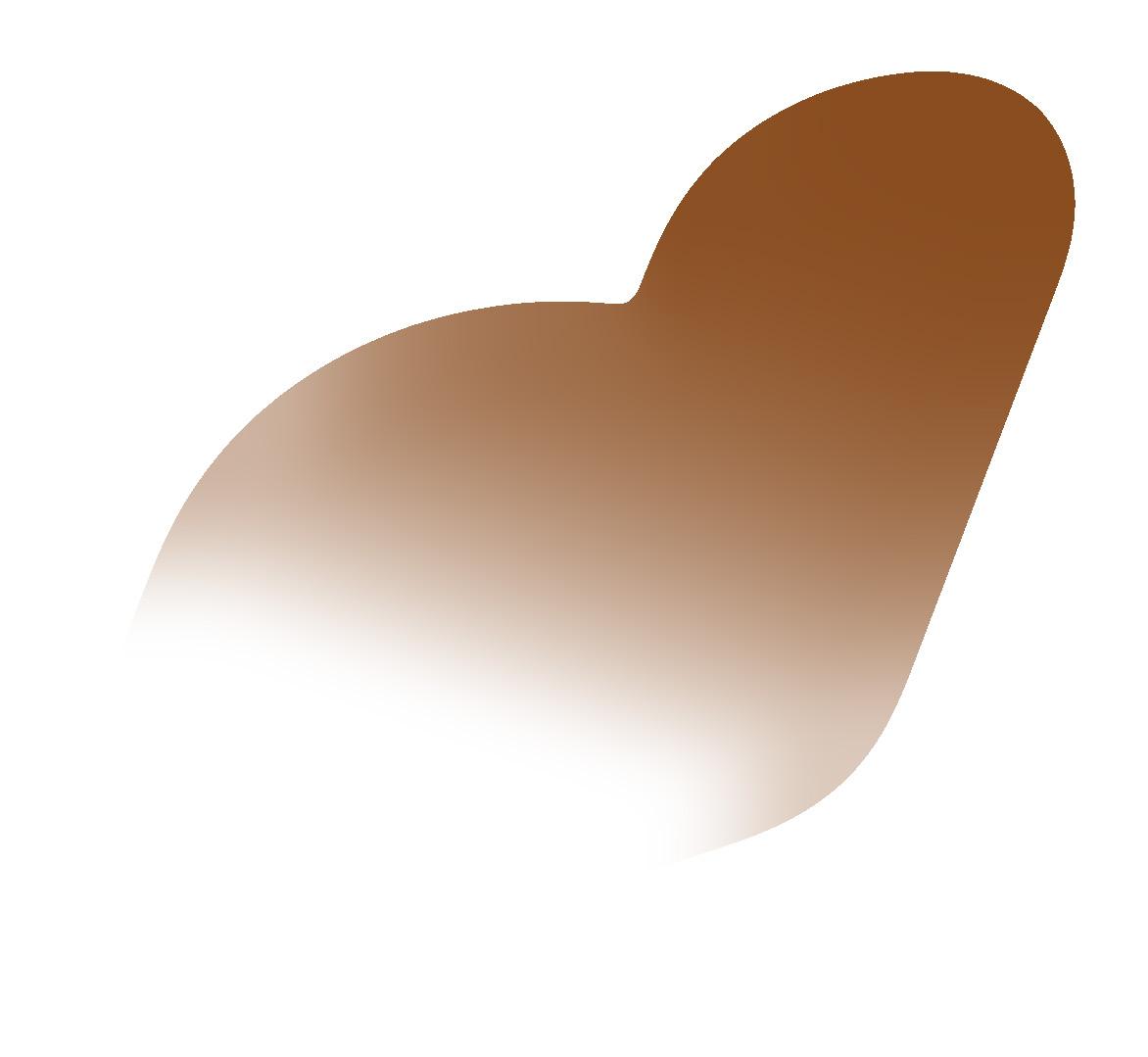
Communicator
6Cs:
The shaper is a communicator: an active listener to other perspectives, with a unique voice who has the confidence to express and challenge ideas.
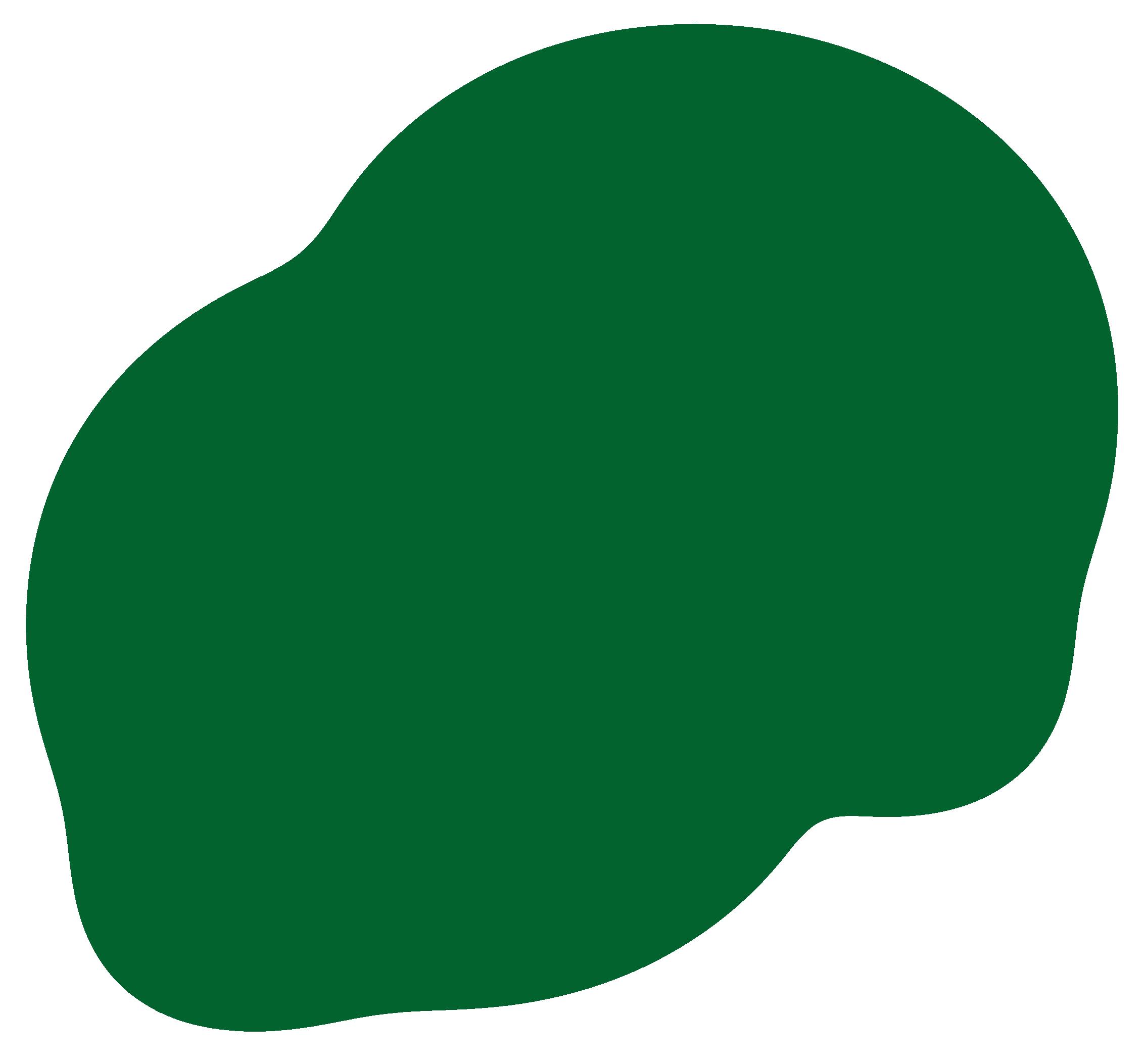
Students will be added to all of their classes by their teachers.
Google Classroom for lessons and homework
Google Classroom

is our all-in-one place for teaching and learning. The easy-to-use and secure tool helps teachers manage, measure, and enrich learning experiences.
We also have guardian summaries for parents and guardians that send email summaries about their child’s work in Google Classroom so that they can keep track of the assignments and homework that teachers post.
More details can be seen here.
Organisational tools
Google Classroom
Google Classroom To Do lists where they can see a full list of all assignments and homework that need doing
At the beginning of term all students will be shown how to use our digital tools to organise their work. This will involve:
Google Tasks
Using Google Tasks to keep track of what you need to do.
Google Calendar
Using Google calendar to view all assignments from Classroom and Tasks so they can see at a glance what they have to do during the week.
32 33 Transition Guide Transition Guide
School Lockers
Lockers are issued to each student to keep their belongings safe.
Issued during the first week of school
Put everything in, in the morning...
...and then take out what you need until break and then lunchtime
Codes are used to open the lockers
Explanations and help given by tutors
No locker use between lessons
Keep lockers clean and tidy
Customise them for fun and ownership
The shaper has courage: willing to take the lead, be independent and have balance and resilience to overcome challenges and to be an agent of positive change.
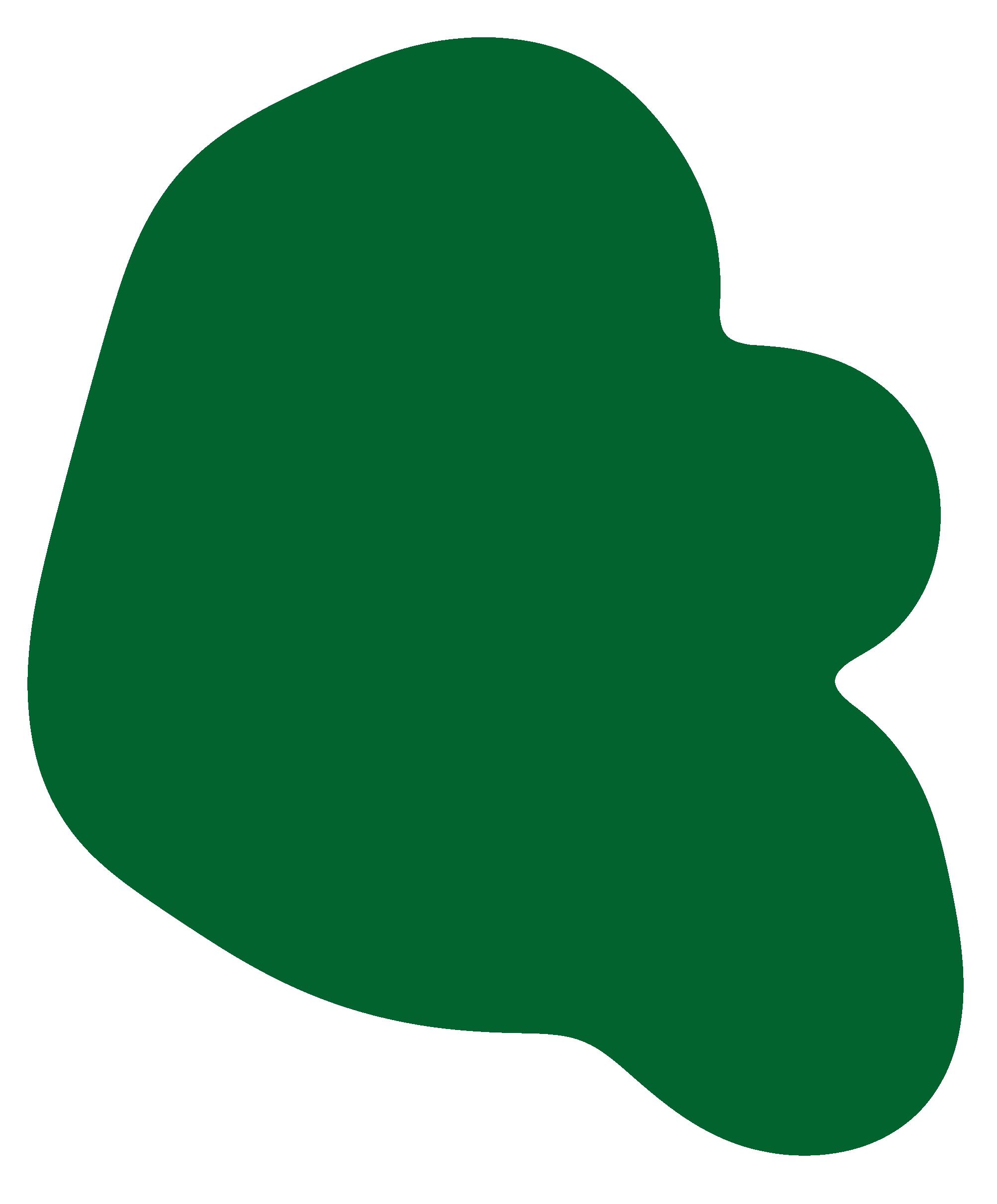
Rewards and Notifications
We recognise the importance of celebrating success
Teachers award merits for outstanding engagement, attainment and/or progress in class or homework. Merits are received via an email and can be followed by using the Parent and Student Portals.
Dealing with unexpected behaviours
We recognise that mistakes are part of learning and use restorative practices to help positive development.
Learning and Incident Notifications:
RECOGNITION
These are presented during assemblies and at the end-of-year Awards Ceremony.
If a student’s unexpected behaviour is causing harm to the learning or wellbeing of themself or others, teachers will issue either a Learning or Incident Notification. These will indicate what the unexpected behaviour was, how it impacted on the learning or wellbeing of the individual or others and what measures were taken by the teacher to restore expected behaviours. Learning and Incident Notifications are logged on the school server, along with being shared with parents via an ISAMS email.
The shaper is a citizen of the world: has a commitment to service, a strong sense of purpose and responsibility to shape a more just and inclusive society.


For Parents or Guardians
Information will be provided at the start of the school year about how to access the school platforms available to parents and students. There will also be an Information Evening in the second week of the school year where you will meet your child’s tutor and be able to ask specific questions.
Useful Links
Parent Portal - all school information is available here for you to access about your child
For digital information please view our guide to digital learning at SJS on our Technology for Parents website.
Classlist - a school community app for all parents at SJS launched by the Parents’ Association (PACT)
KS3 Curriculum websitethis provides an overview of the subjects taught in KS3.
Creative education courses and webinars to learn about development and change (the household agreement allows you to gain access)
Communicating with the school
The key method of communicating with the school about matters pertaining directly to your child is via their Form Tutor. The tutor will ensure they respond to you within 24 hours (72 hours if the communication is received on a Friday).
